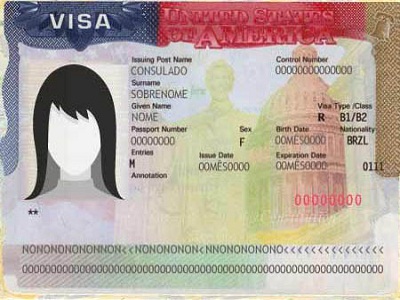
The administration of US President Donald Trump is considering the possibility of imposing sanctions that will actually force Visa and Mastercard systems, as well as other financial companies, to suspend payment services in Venezuela. It is reported by Bloomberg .
According to officials, such a move would put significant pressure on the government of Nicolas Maduro, who is not recognized by the president in Washington. It also means a ban on US companies from cooperating with any enterprise that recognizes Maduro’s legitimacy.
Note that foreign business mainly works with Venezuelan banks to process payments within the country. Most of these enterprises belong to the state.
Officials stressed that such restrictions have already been imposed against Syria, North Korea, Iran and Russia (to a lesser extent).
The purpose of such sanctions is the ruling elite headed by Maduro, high-ranking military and supporters of the regime, with access to banking services. How this may affect the population of the country as a whole – officials are still at a loss to answer, however, there are methods that allow making exceptions for medicines and food products.
If the White House moves in this direction, then Venezuelan contractors such giants as General Electric, Cargill and American Airlines Group will be affected.
Yesterday, March 16, the head of the National Assembly of Venezuela and the main opponent of the government of Maduro, Juan Guaydo, said that the Venezuelan opposition had managed to establish control over the oil company Citgo, a subsidiary of the state giant PDVSA. This is probably also unfavorable news for Nicolas Maduro.
Quarían robárselo todo, pero ya tenemos control de @ cITGO y la licencia para seguir operando la empresa, rescatando un importante activo de la Nación.
Quieren que abandonemos las calles, pero mañana todos saldremos a organizarnos para cesar al usurpador. https://t.co/0h2ZovJphq
– Juan Guaidó (@jguaido) March 15, 2019
Recently, the Russian Eurofinance Mosnarbank has also fallen under American sanctions. He was accused of supporting and collaborating with the PDVSA, as well as connection with the El Petro cryptocurrency. After that, it became known that VTB would donate a share in this bank to the property of the Federal Property Management Agency, and the transaction was approved by First Deputy Prime Minister Anton Siluanov.
With a greater degree of probability, it can be assumed that in the event of the refusal of Visa and Mastercard to service payments in Venezuela, the effective exit for the population will be the use of Bitcoin for payments. Given that over the years Venezuelans have minimized the risks associated with hyperinflation using the first cryptocurrency, the necessary infrastructure for mass distribution and adoption already exists.
You can read more about what is happening in Venezuela in the BlockchainJournal exclusive “Oil, poverty, Bitcoin: how the economy of Venezuela collapsed and what it led to.”
Subscribe to BlockchainJournal on YouTube !
BlockchainJournal.news
BlockchainJournal.news


